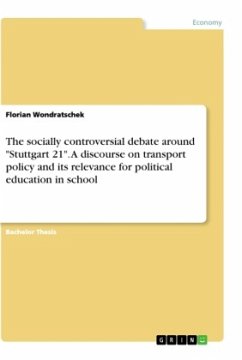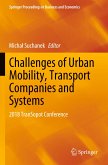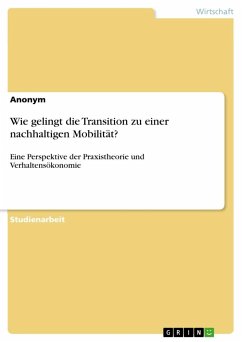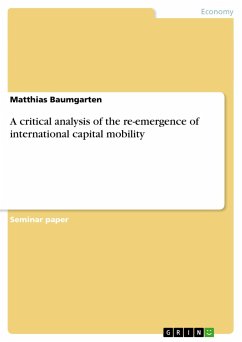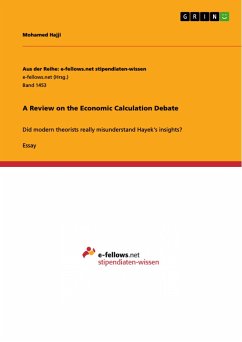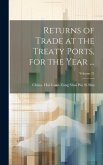Bachelor Thesis from the year 2019 in the subject Economy - Transport Economics, grade: 1,7, University of Education Ludwigsburg, language: English, abstract: This scientific work tries to uncover the transport policy debates in Stuttgart in order to understand and explain the socially controversial and political ways of thinking. The focus is on a transport policy consideration of the Stuttgart mobility dispute, in which the role changes of public transport, cycling and pedestrian as well as the car for Stuttgart and the region are worked out on the basis of concrete examples. Air traffic and shipping do not fall within the field of investigation of this Bachelor's thesis in order to enable a stronger focus on local traffic. A brief overview of the Bachelor's thesis "Derailing Conflict - the Discourse on Stuttgart Transport Policy including Considerations on the Thematic Treatment in School Political Education" will now be presented for orientation.First, a historical insight into Stuttgart's transport policy is given, which goes far beyond the invention of the automobile. The chapter will also provide an answer to the question of how high the share of a means of transport in Stuttgart's city traffic actually is. It then aims to show the difference between adaptation planning and mobility planning, so that a foundation can be laid for understanding the traffic conflict at the transport science level in Stuttgart. In order to illustrate how mobility planning can look like, the Vienna is briefly mentioned as an example. The Austrian capital is known for its progressive approach to transport policy and, as it is therefore a role model in some transport sectors, the paper often compares Stuttgart with the conditions in Vienna. The fourth chapter then deals specifically with the automobile as an object of dispute. In addition to the major debate on pollutants, the traffic jam and parking situation will also be addressed. Beyond the traffic situation in Stuttgart, research will also be conducted into the actual role of the automobile industry and the significance of oil-based transport in the future. In this context, the development of a climate-friendly drive technology will also be addressed. In concrete terms, reference will be made to current research results, which are mainly concerned with the sustainability of the battery car and fuel cell technology.

